Impact & CSR
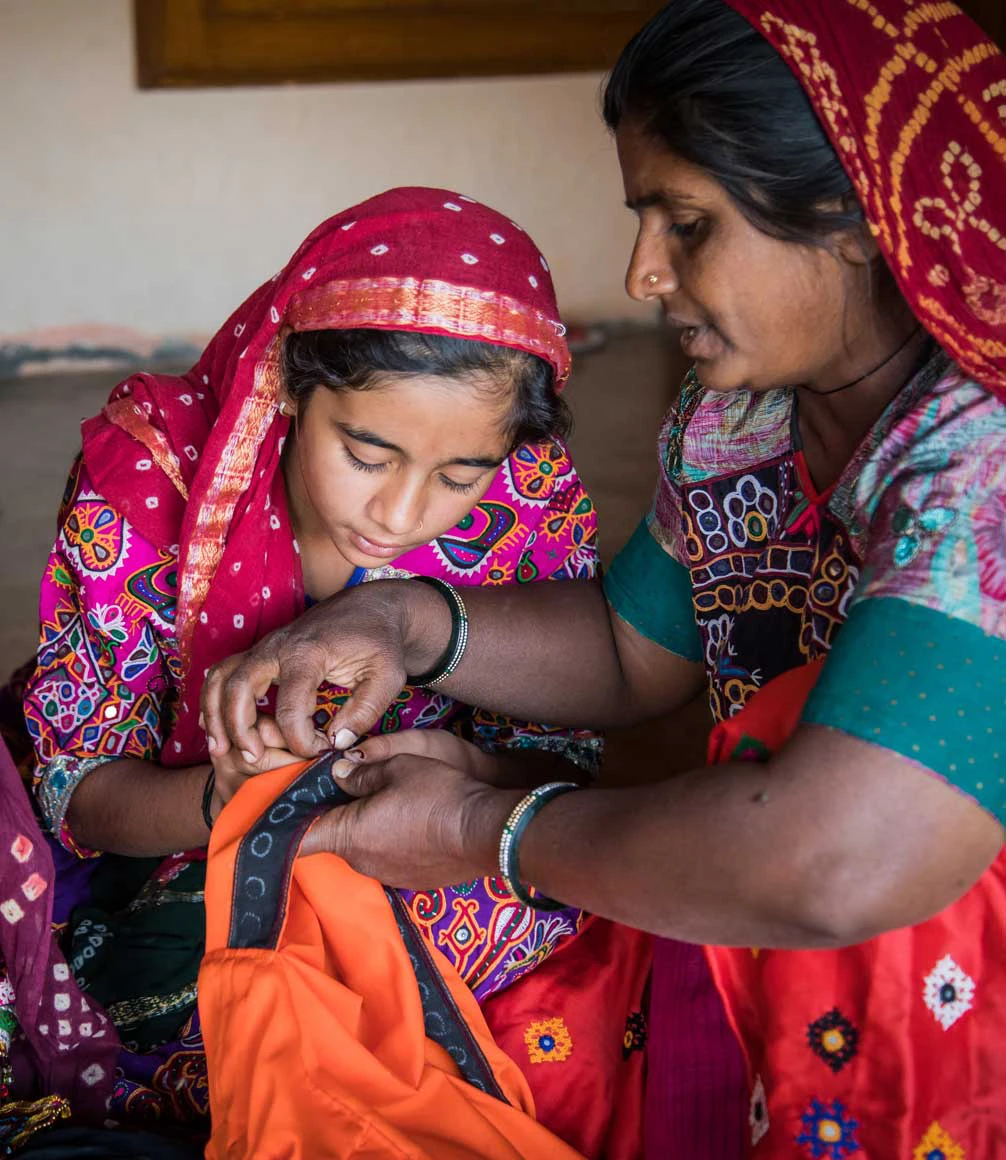
(©SEWA)
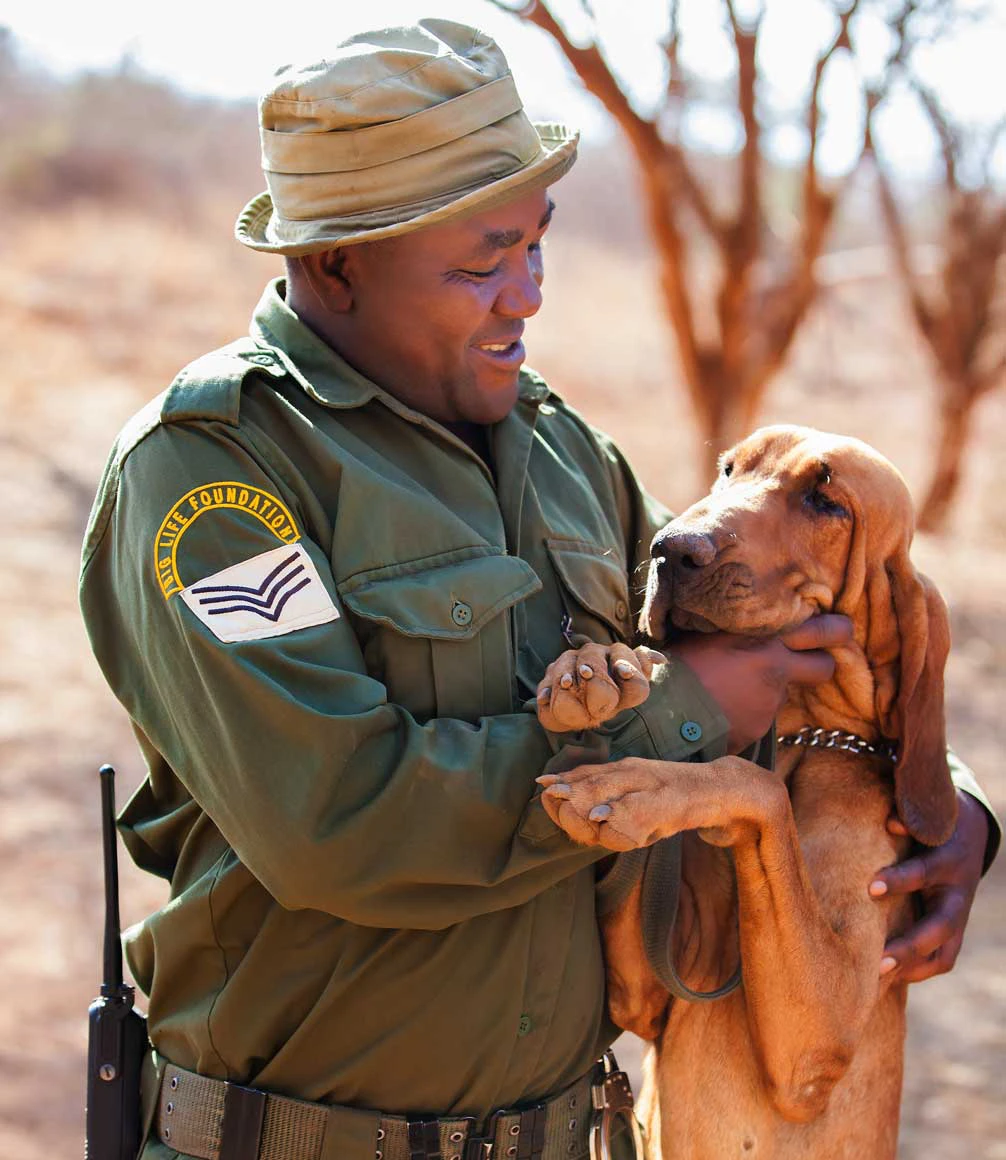
(©Big Life Foundation/Jeremy Goss)
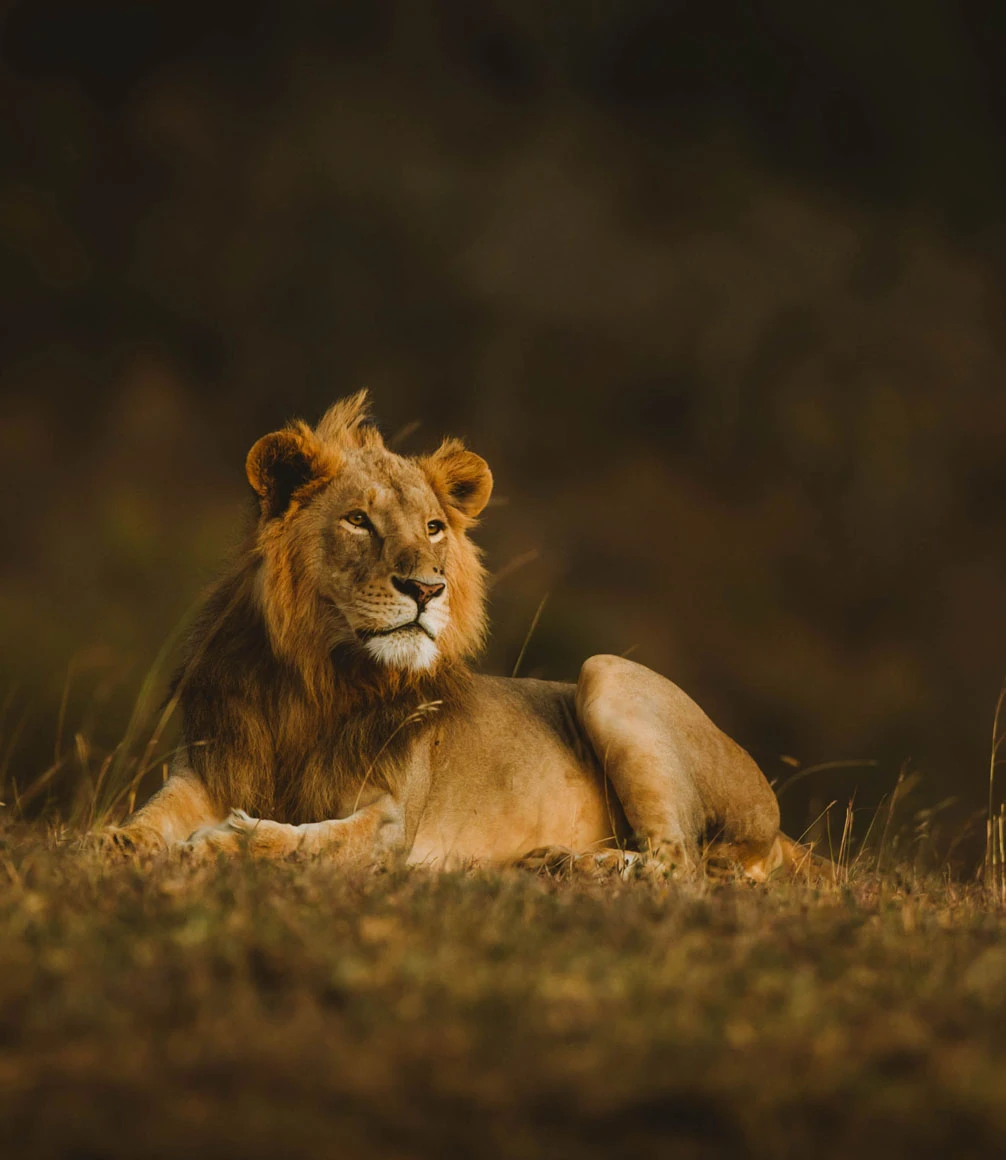
(©Big Life Foundation/Jeremy Goss)
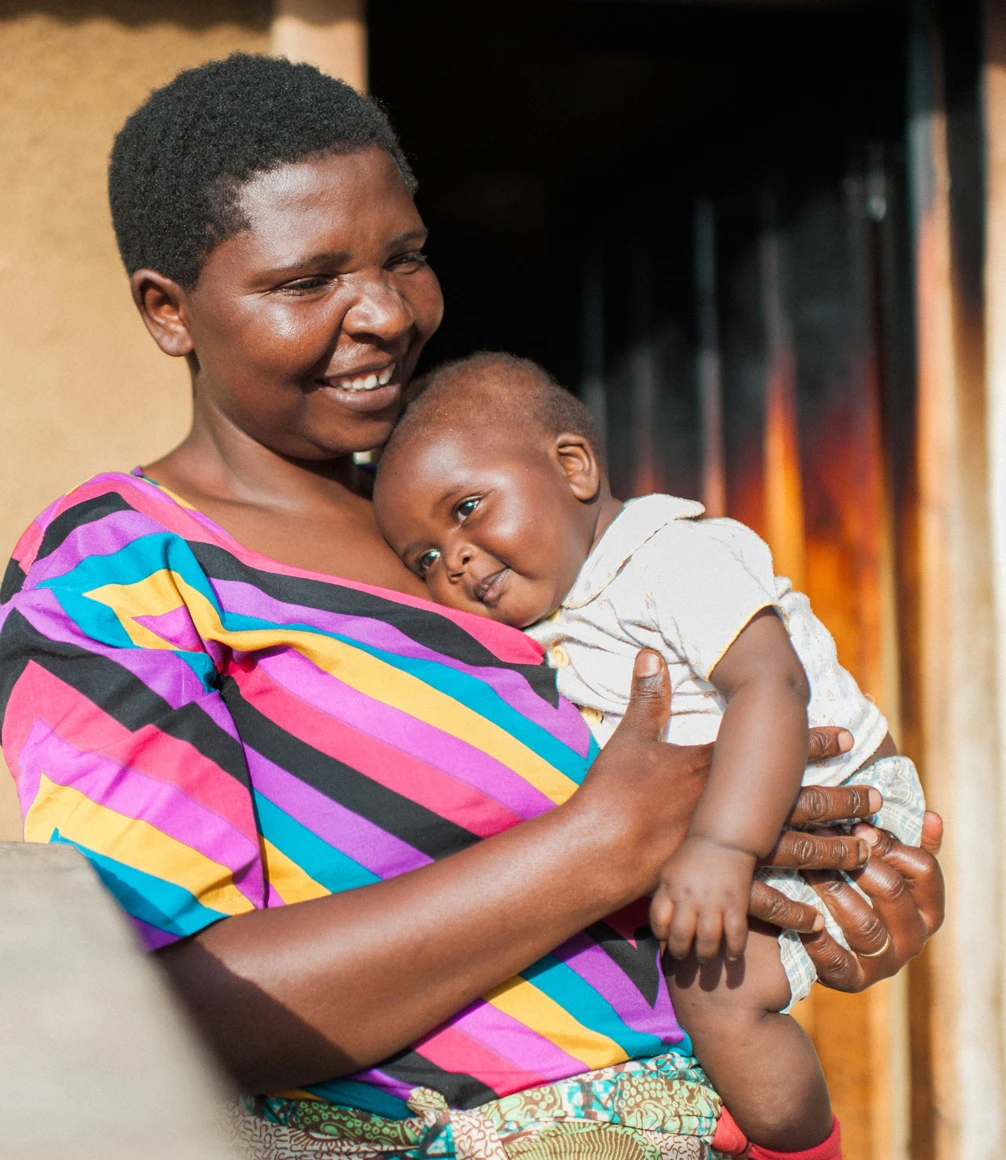
(© Foxes’ Community and Wildlife Conservation Trust / Aimi-Duong)
Alongside our clients, we have supported projects that have protected biodiversity, prevented poaching, encouraged education and funded research. When you choose to travel with us we will contribute 1% of your trip budget to make a meaningful difference in the regions our clients explore, fostering positive social and environmental change. We are incredibly proud to be able to say that to date, we have partnered with our clients to raise over $5 million across more than 100 projects & initiatives around the world.
Below you will find some of the charities, projects and initiatives that we support. We will be adding them all over the coming months.
Ready to take the road less travelled?
-
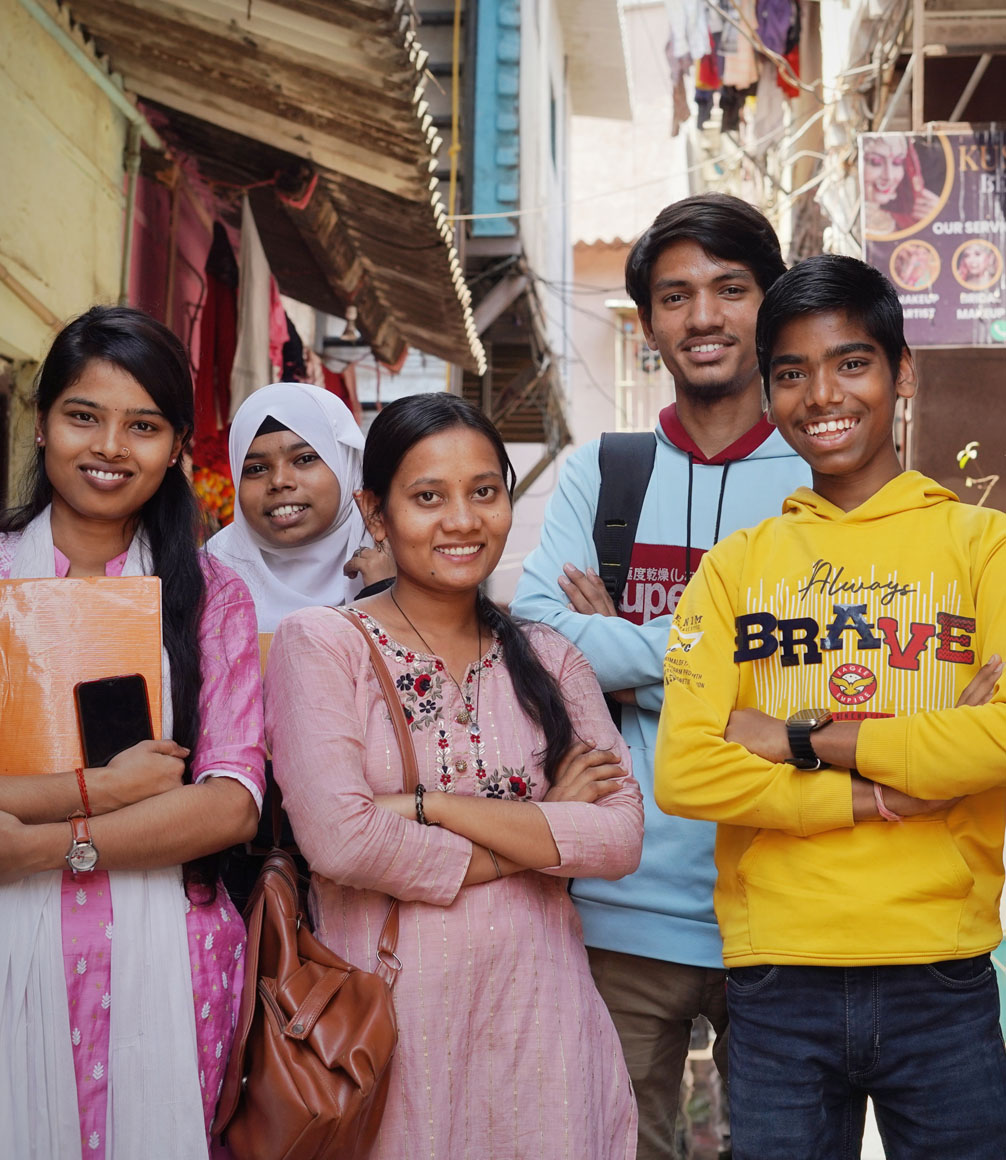 Reality Gives - making quality education a reality in India
Reality Gives - making quality education a reality in India -
 Ripple Africa - empowering rural communities in Malawi to protect the environment and improve lives
Ripple Africa - empowering rural communities in Malawi to protect the environment and improve lives -
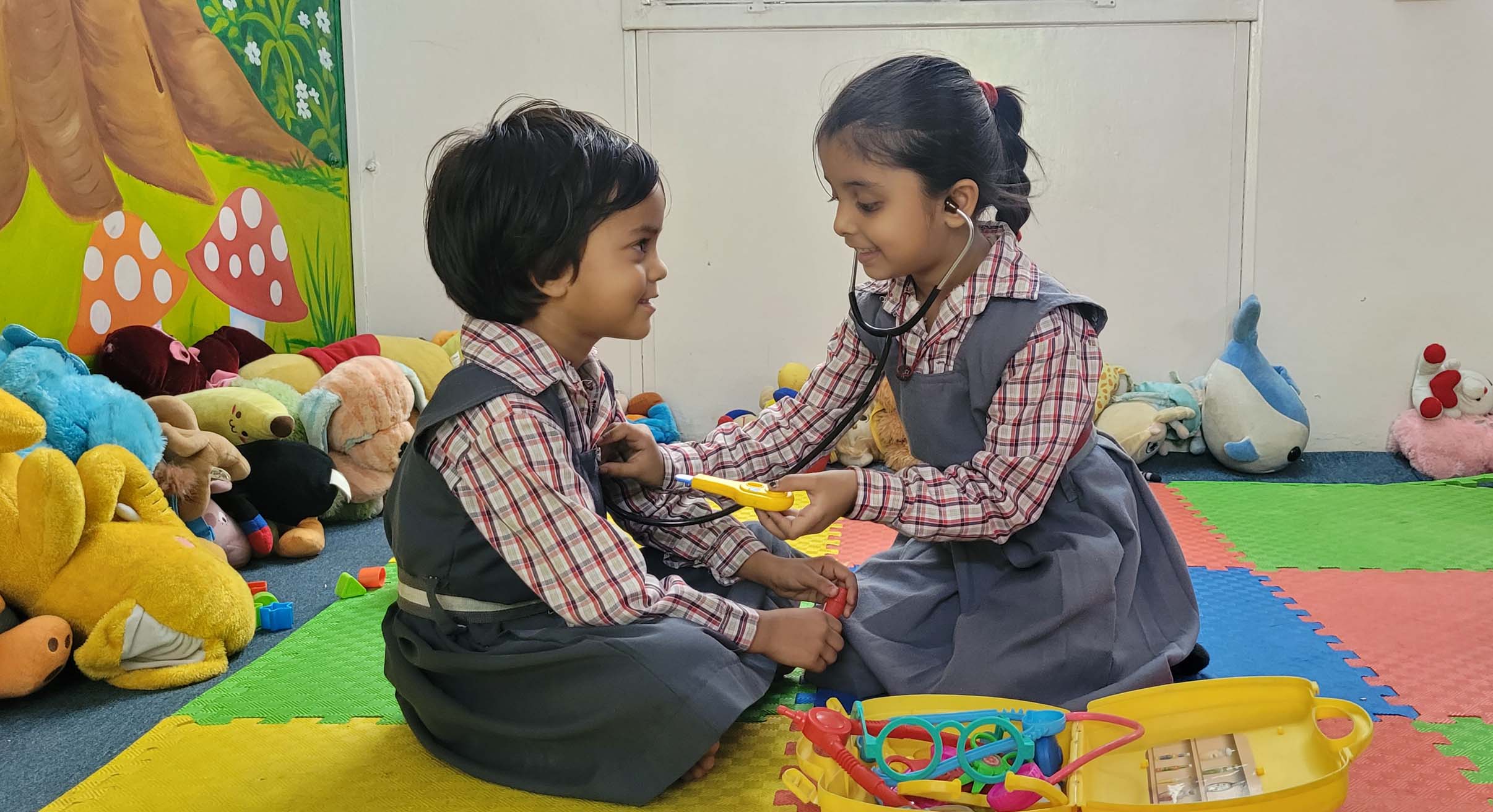 The Toy Bank - giving children in India the right to play
The Toy Bank - giving children in India the right to play -
 African Wildlife Foundation - conserving Africa's natural wealth of biodiversity
African Wildlife Foundation - conserving Africa's natural wealth of biodiversity -
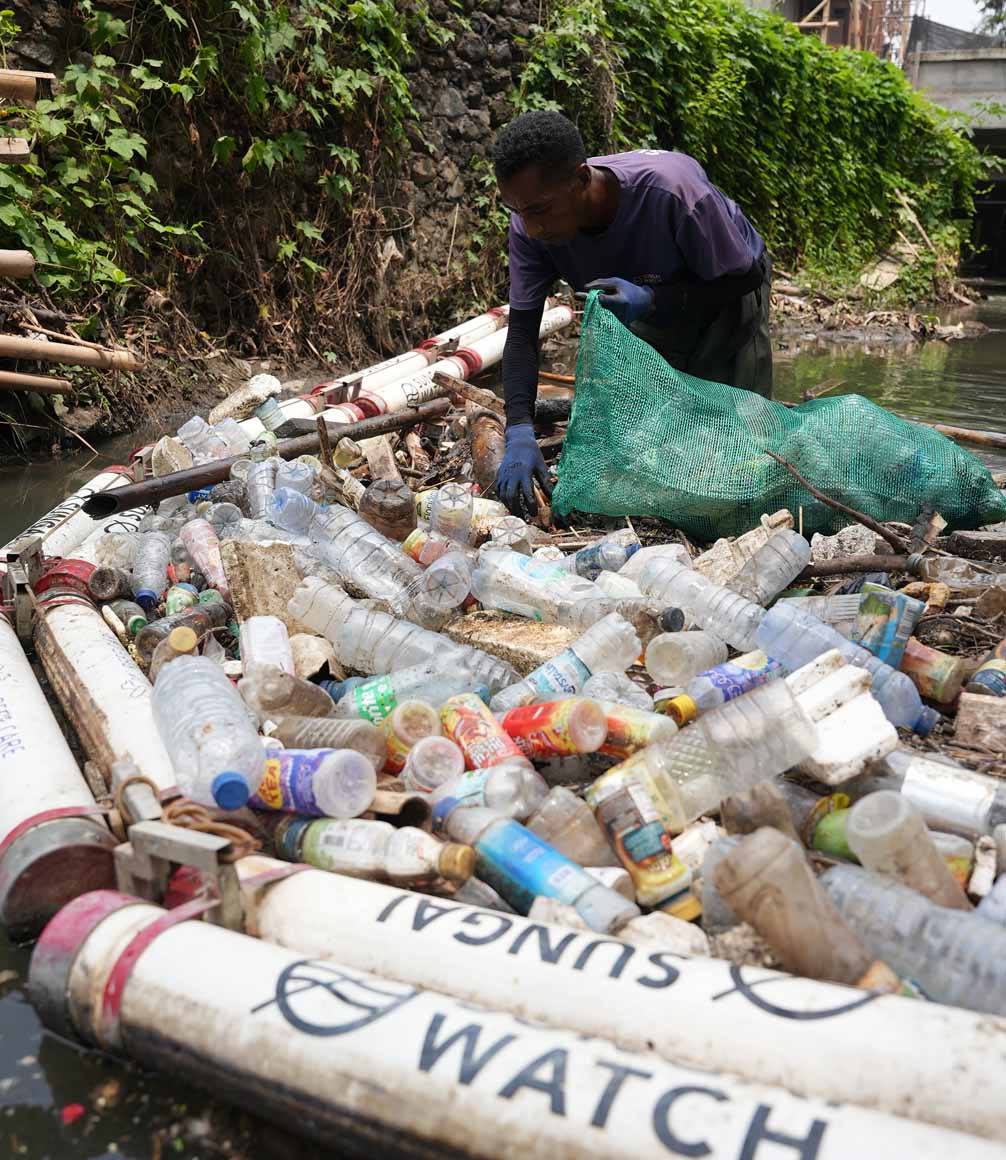 Sungai Watch - tackling plastic pollution in Indonesia's waterways
Sungai Watch - tackling plastic pollution in Indonesia's waterways -
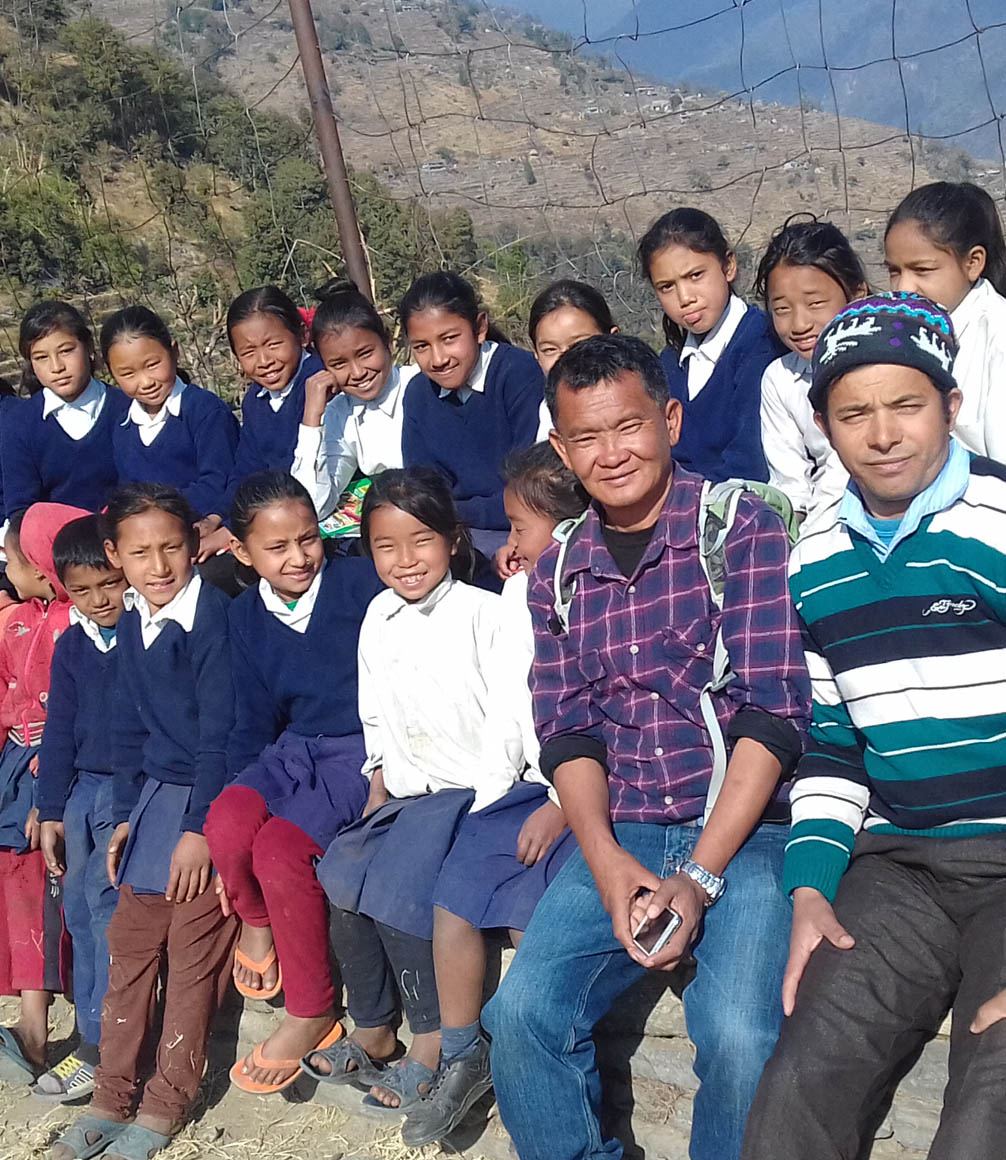 School Tiffin Programme - daily nutrition for schoolchildren in Nepal
School Tiffin Programme - daily nutrition for schoolchildren in Nepal -
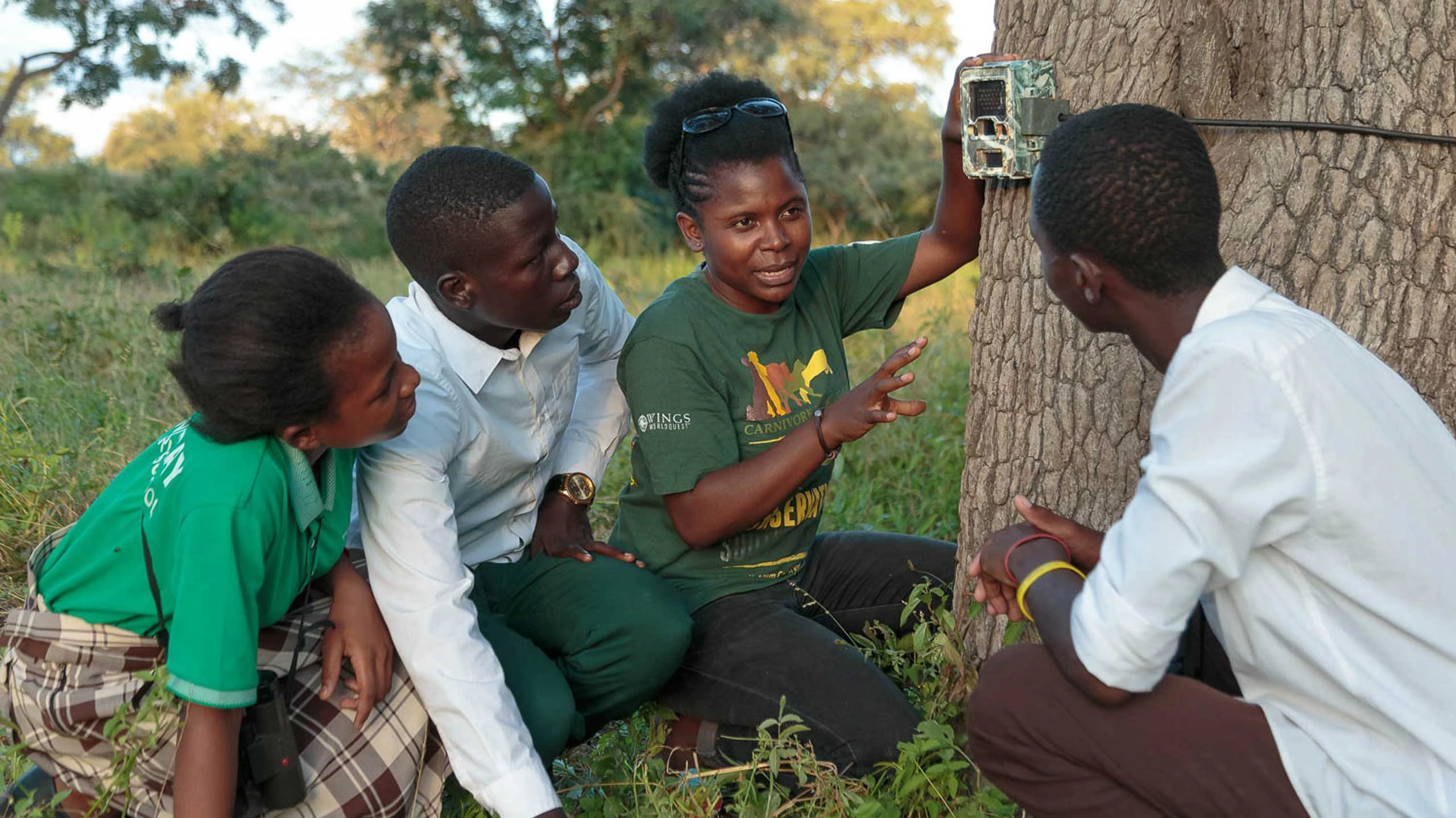 Chipembele Wildlife Conservation Trust - education in conservation
Chipembele Wildlife Conservation Trust - education in conservation -
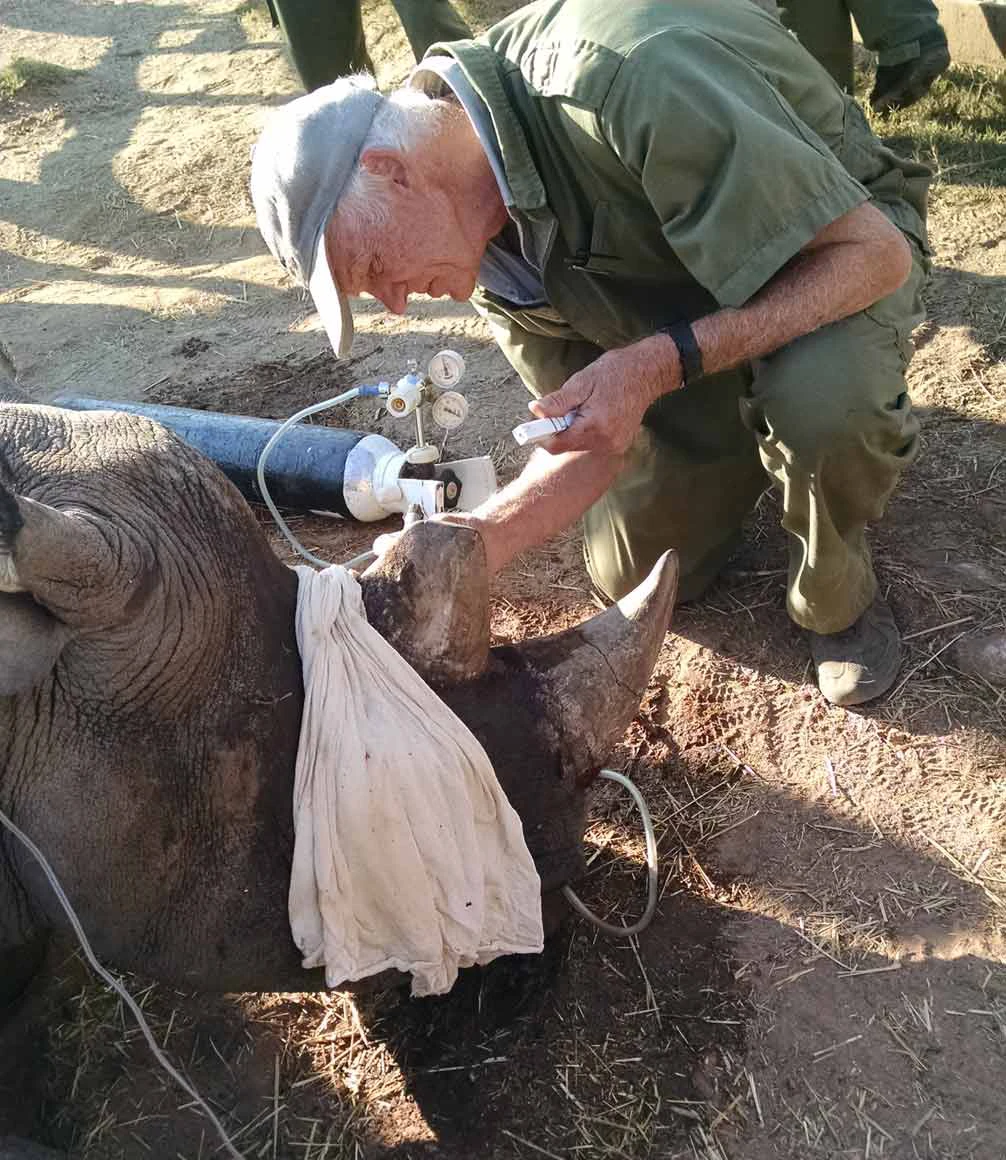 Victoria Falls Wildlife Trust - protecting wildlife in Southern Africa
Victoria Falls Wildlife Trust - protecting wildlife in Southern Africa -
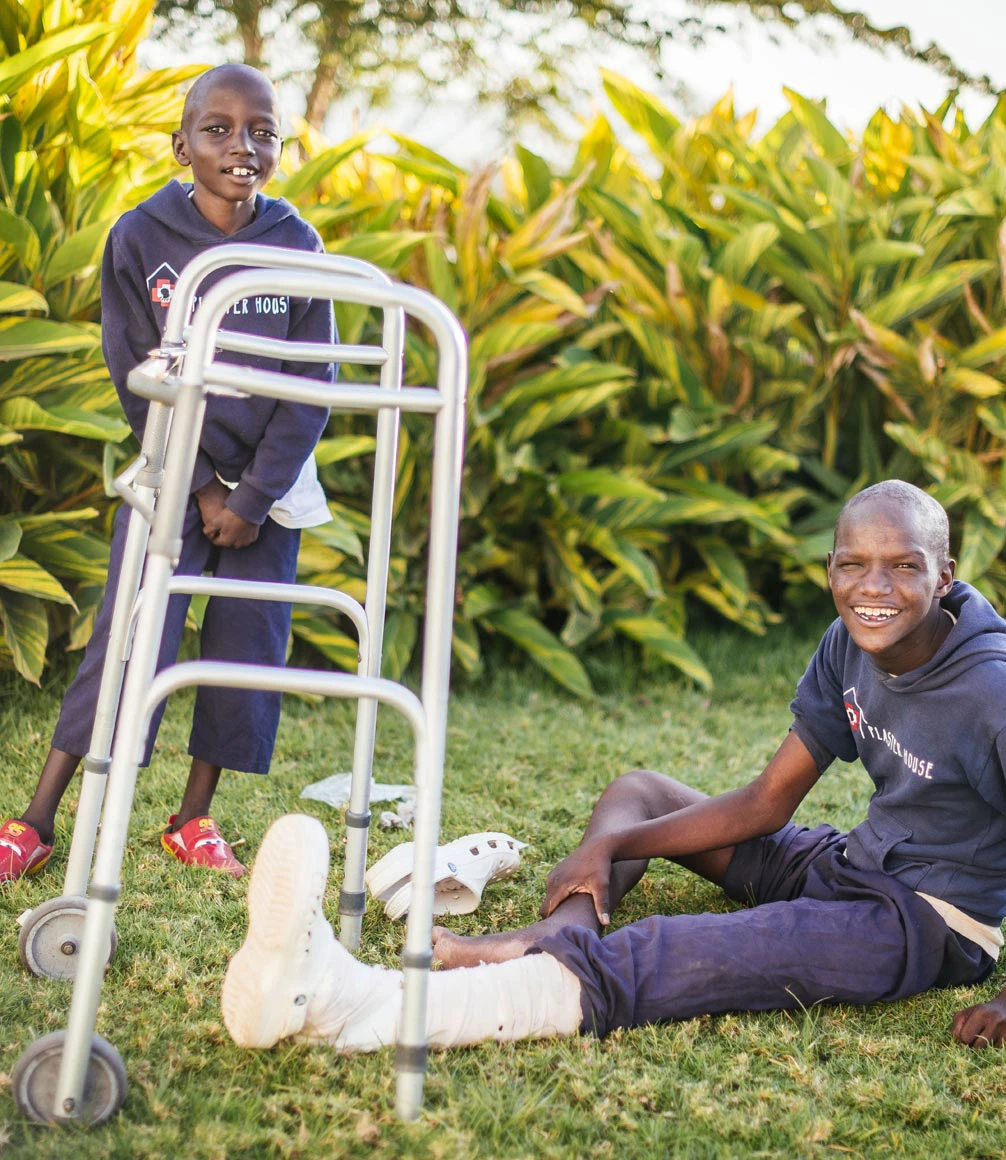 Kafika House - rehabilitative surgery programme in Tanzania
Kafika House - rehabilitative surgery programme in Tanzania -
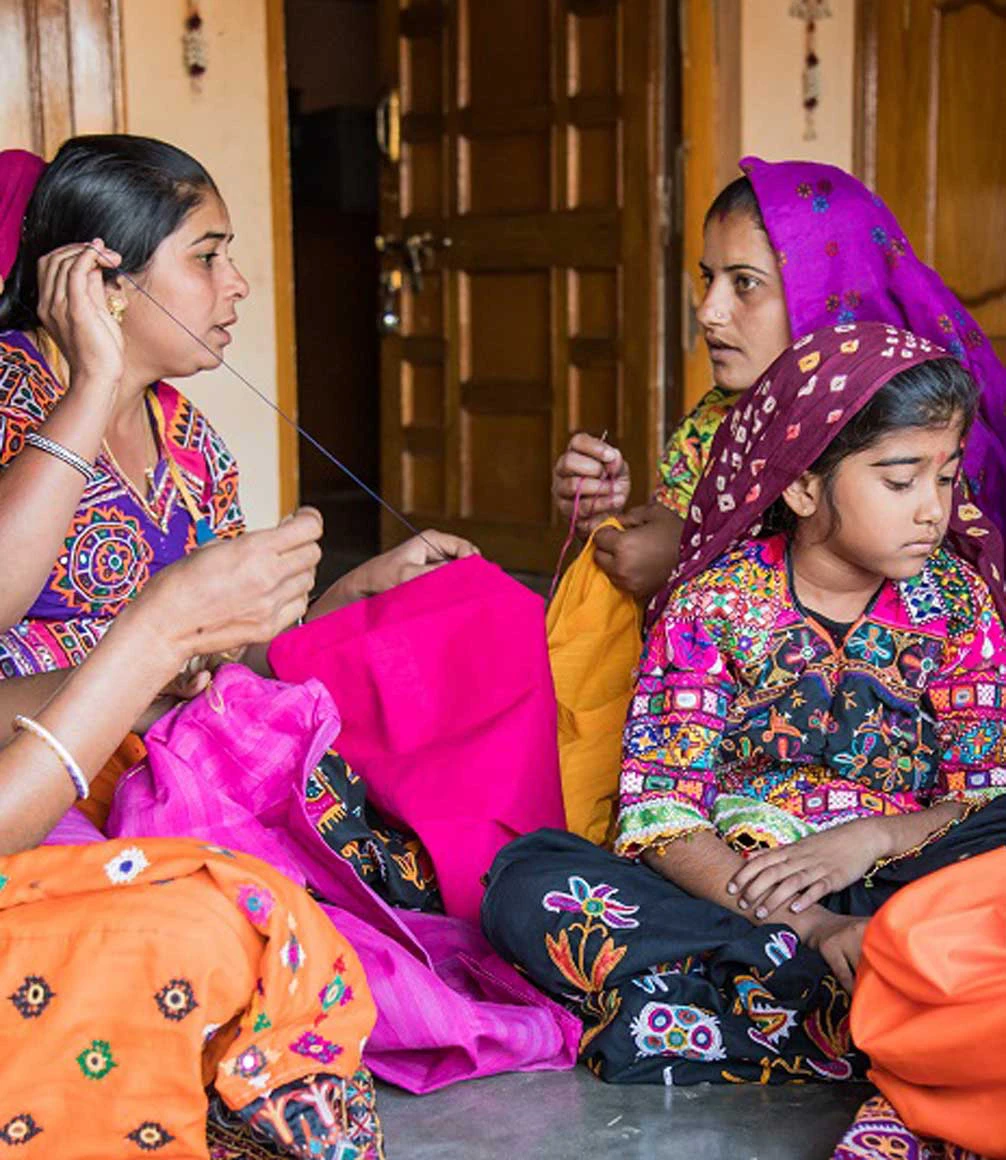 SEWA - empowering underprivileged women in India
SEWA - empowering underprivileged women in India -
 Foxes' Trust - caring for vulnerable children in remote Tanzania
Foxes' Trust - caring for vulnerable children in remote Tanzania -
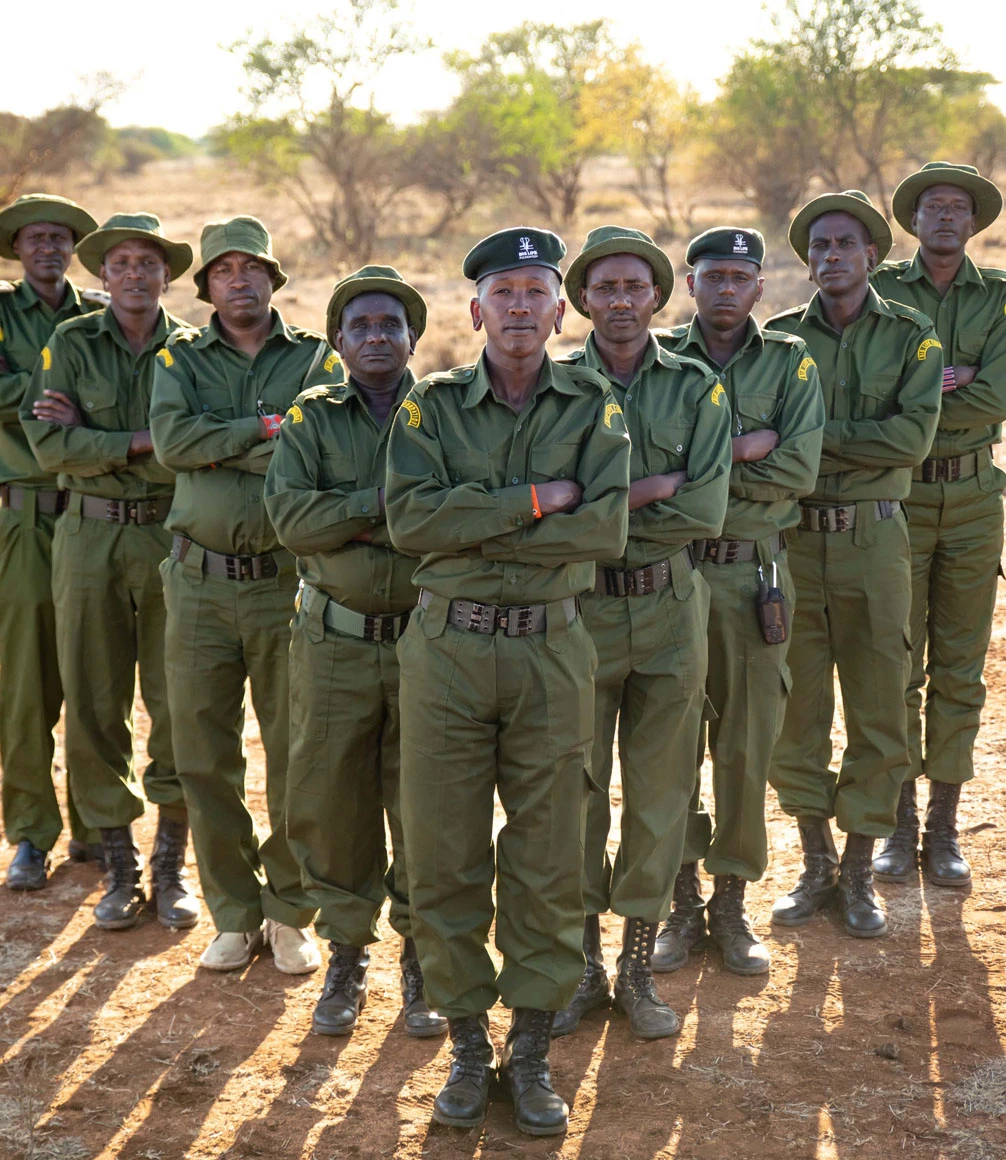 Big Life Foundation - partnering with African communities to protect nature
Big Life Foundation - partnering with African communities to protect nature -
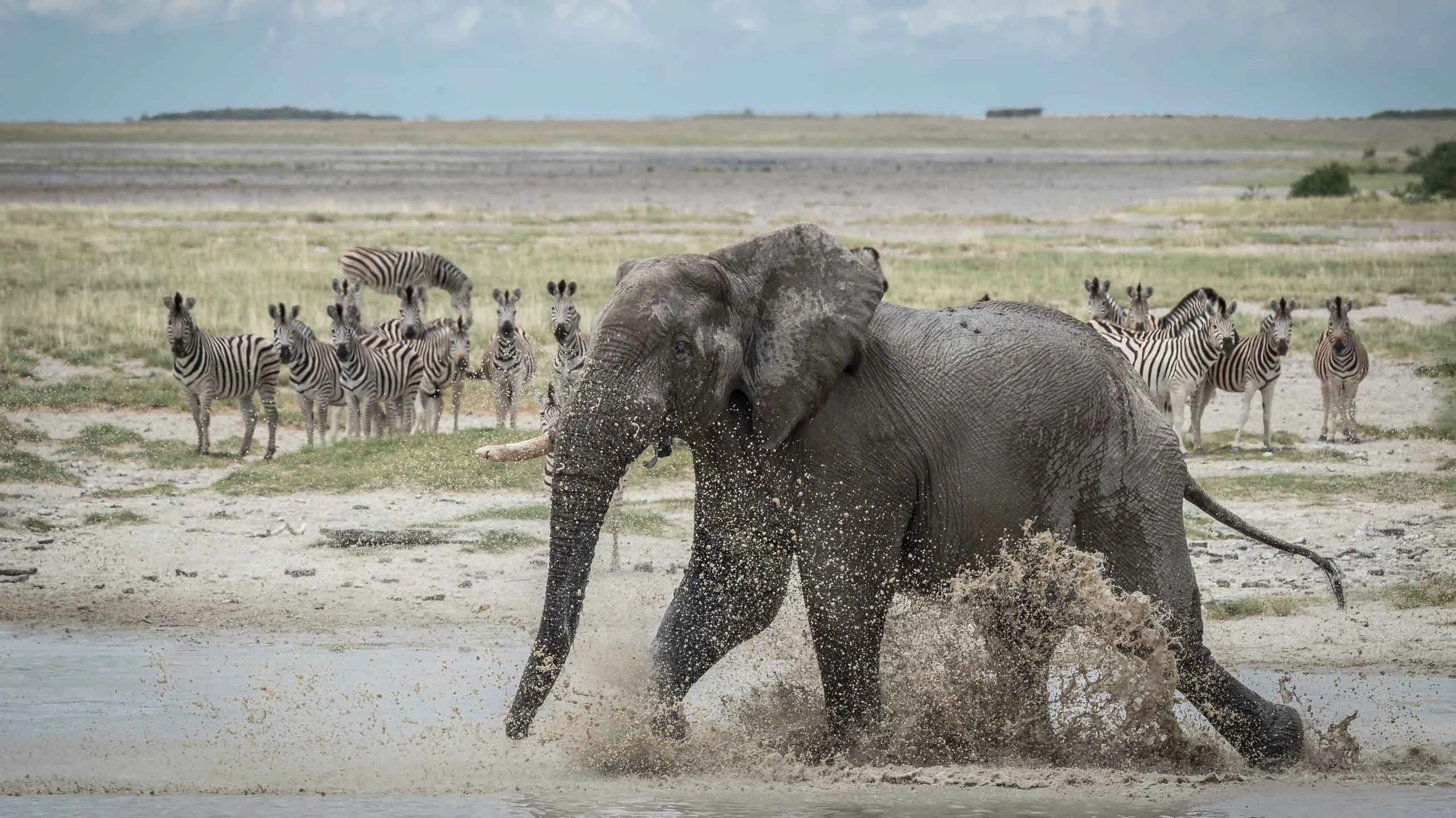 Elephants for Africa - protecting the African elephant in Botswana
Elephants for Africa - protecting the African elephant in Botswana -
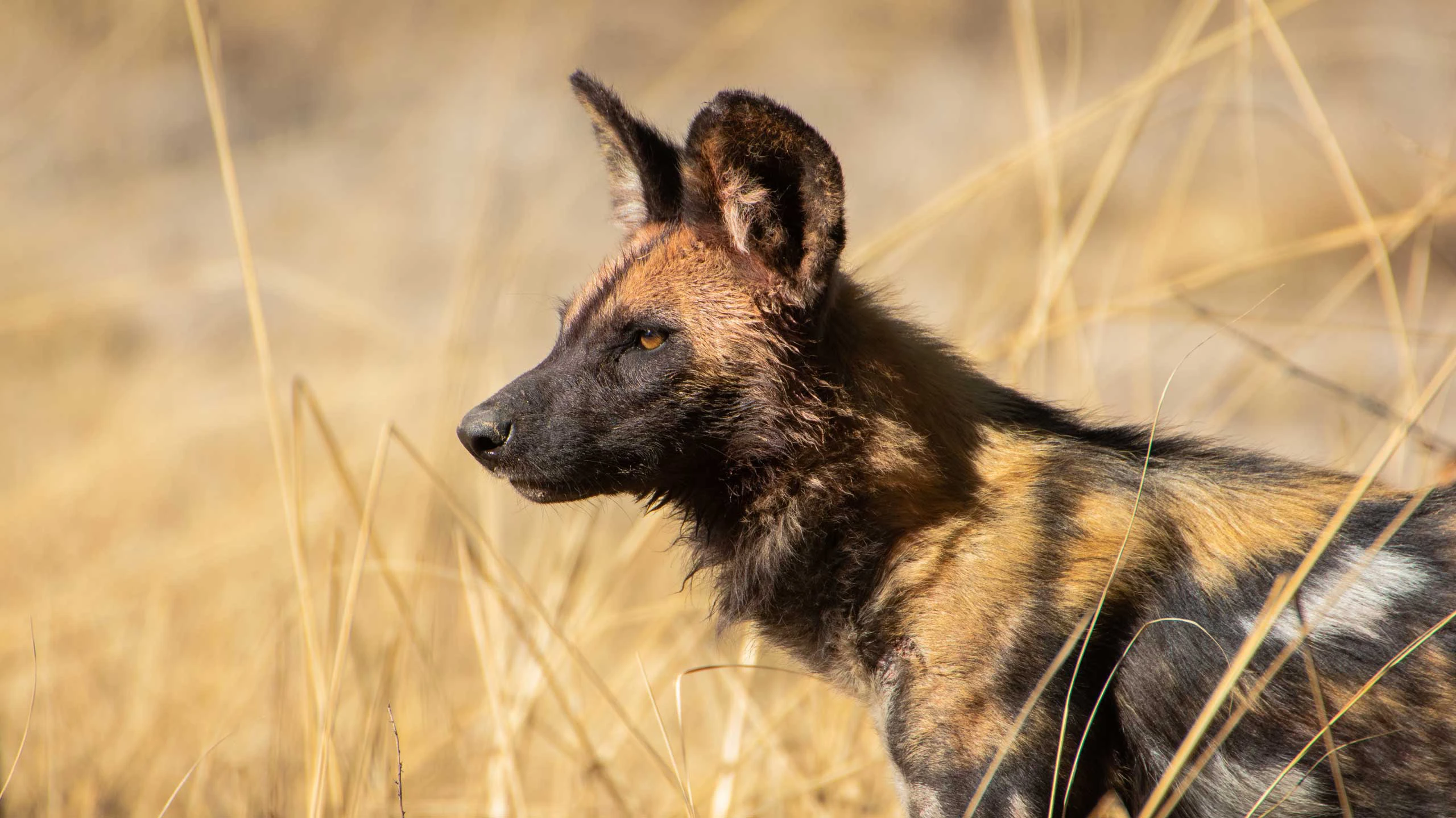 Zambian Carnivore Programme - conserving large carnivores
Zambian Carnivore Programme - conserving large carnivores -
 Sumba Hospitality Foundation - empowering local youth
Sumba Hospitality Foundation - empowering local youth